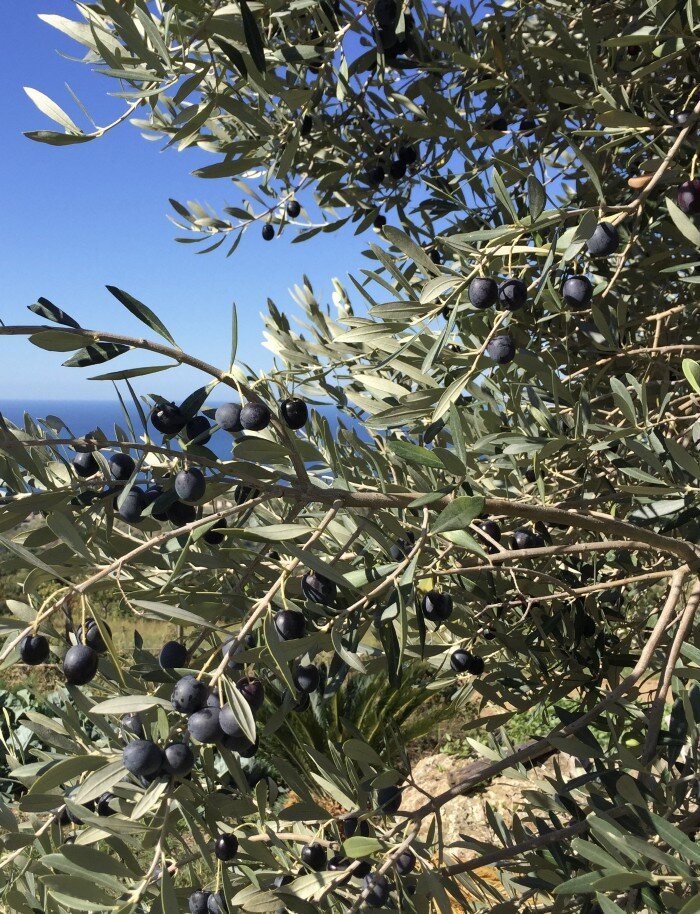Book Coaching Is Like Gardening
Today’s blog post comes to us from Author Accelerator certified book coach Barbara Boyd.
Barbara Boyd
Certified Book Coach
A creative cohort who writes for a sports publication identified three phases of coaching that he sees with athletes: nurturer, guide, and tough love. The same three phases apply to book coaches — and gardeners. I split my time between book coaching and olive gardening; let’s take a look at each.
When an olive sapling is planted, a deep hole is dug to allow a supportive root system to grow, a large dose of fertilizer is mixed in with the soil that will surround the roots, and water is added to the hole, which is then filled in. The tiny tree is loosely tied to a support, slightly larger than the sapling’s trunk, to keep it upright. The plant at this stage is watered often, encouraged to grow deeper and taller without worrying about spreading out. At this stage, the small plant is nurtured.
As the trunk thickens and core branches lengthen, a larger support is placed next to the trunk to ensure the tree grows erect and resists the wind. Those first branches are trimmed to encourage spreading; where a branch is cut a V forms, sprouting two smaller branches. “Sucker” branches that grow straight up at ninety degrees to the branch are cut to the quick as they deviate from the natural flow and distract from the core growth of the plant.
For the first five years, the gardener nurtures and guides the plant’s growth. She continues to fertilize and water the tree and strategically prune it to encourage the desired shape. By the sixth or seventh year, the olive tree needs heavier pruning. Now we’ve entered the tough love stage. Cutting large branches can seem contrary, yet those deep cuts will enable a better production the following year. Cutting away old branches makes space for the sun and air to circulate and encourages new growth, resilience, and more production the following year.
Coaching people is not so different. A young athlete needs encouragement and guidance to learn the foundational moves and concepts and build the emotional intelligence to accept and learn from defeat. As the wins increase and the quality of competition increases, the athlete needs tough love, someone to point out the subtle mistakes, to eliminate bad habits, and replace them with fresher, higher quality moves.
Likewise, a young or first-time writer needs encouragement to overcome the doubts that accompany any creative endeavor, doubts about being good enough or that anyone will care or that they have permission to try. A growing writer needs a guide to help them hold the full arc of the story while seeing the scenes to build it, to avoid the traps of inexperience and cliches, and instead develop their own voice. An accomplished writer needs tough love to remain humble and move beyond resting on the laurels of success to continue learning and improving or to risk trying something new.
At all stages, a coach lends an objective eye to the work and gives honest feedback about where the work must go deeper, where it’s misaligned, and what needs to be cut.
It’s easy to be coached in the nurturing and guidance phases. It feels good, like having an idealized, encouraging teacher who equally protects and helps you grow to independence and competence. At the third stage, the pros separate from the dilettantes. It’s hard to hear constructive criticism, even harder to actively seek it yet it is at this third stage that exponential growth occurs, where the work moves from good to excellent. It is at this third stage an olive tree that produced five pounds of olives the previous year, produces 50.
At which stage are you in your writing career? Are you a sapling needing encouragement and support, an adolescent tree needing a strong guide and room to grow, or a mature adult who needs a good pruning and some tough love to stimulate new growth?
Be honest with yourself and start where you are. A writing coach can help you through all three stages to completion of your work.


